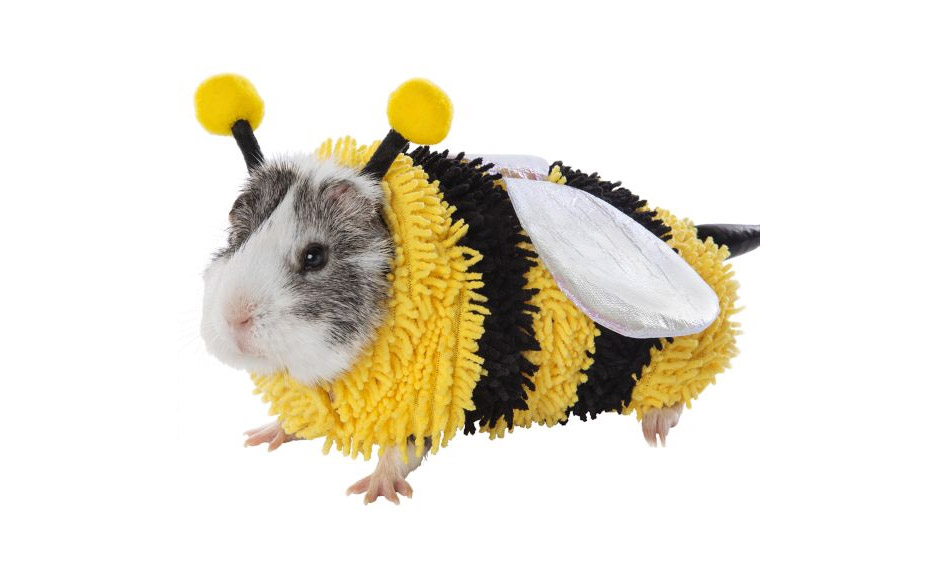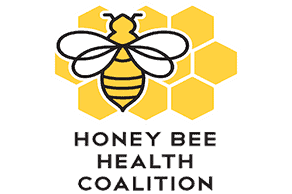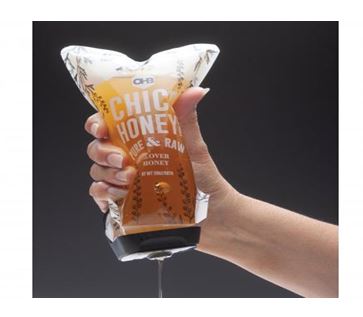Dr Mark Spencer (see blog 8.10.19) explained, among a zillion other things, that 'species' is not a precise term.
Previously I understood that 'species' meant 'unable to interbreed.' For example, all dogs are the same species, while dogs and cats are different species. Likewise, in botany, grasses do not reproduce successfully with ferns. That seemed pretty specific, so to speak.
Up to a point, Lord Copper, up to a point. I think you'll find it's a bit more complicated than that.
For example, in zoology the edge of a species is something of a grey area: horses mated with donkeys produce mules and whinnys (or is it 'whinnies'?), which are unable to reproduce. Are mules a species or not? The lines are even more blurred during the speciation process itself (which is usually a result of physical isolation leading to genetic independence), as capability to reproduce between the two proto-species gradually declines.
Similarly, Dr Spencer explained that in botany the definition of species is very much a taxonomists' invention, a 'legal fiction' to borrow from m'learned friends, designed to help us understand the world. Reproduction capability alone is not sufficient to define a species; it's simply a way of classifying and sorting the jumbled universe into ways our tidy, tiny minds can grasp.
This was all news to me - though perhaps not news to you, dear reader.
Anyway. I asked Dr S about strains, variations and species of bees. But he's a botanist, and, like the good scientist that he is, he did not speculate. Or speciate.








_-_Nationalmuseum_-_15723.tif/lossy-page1-220px-Carl_von_Linn%C3%A9%2C_1707-1778%2C_botanist%2C_professor_(Alexander_Roslin)_-_Nationalmuseum_-_15723.tif.jpg)